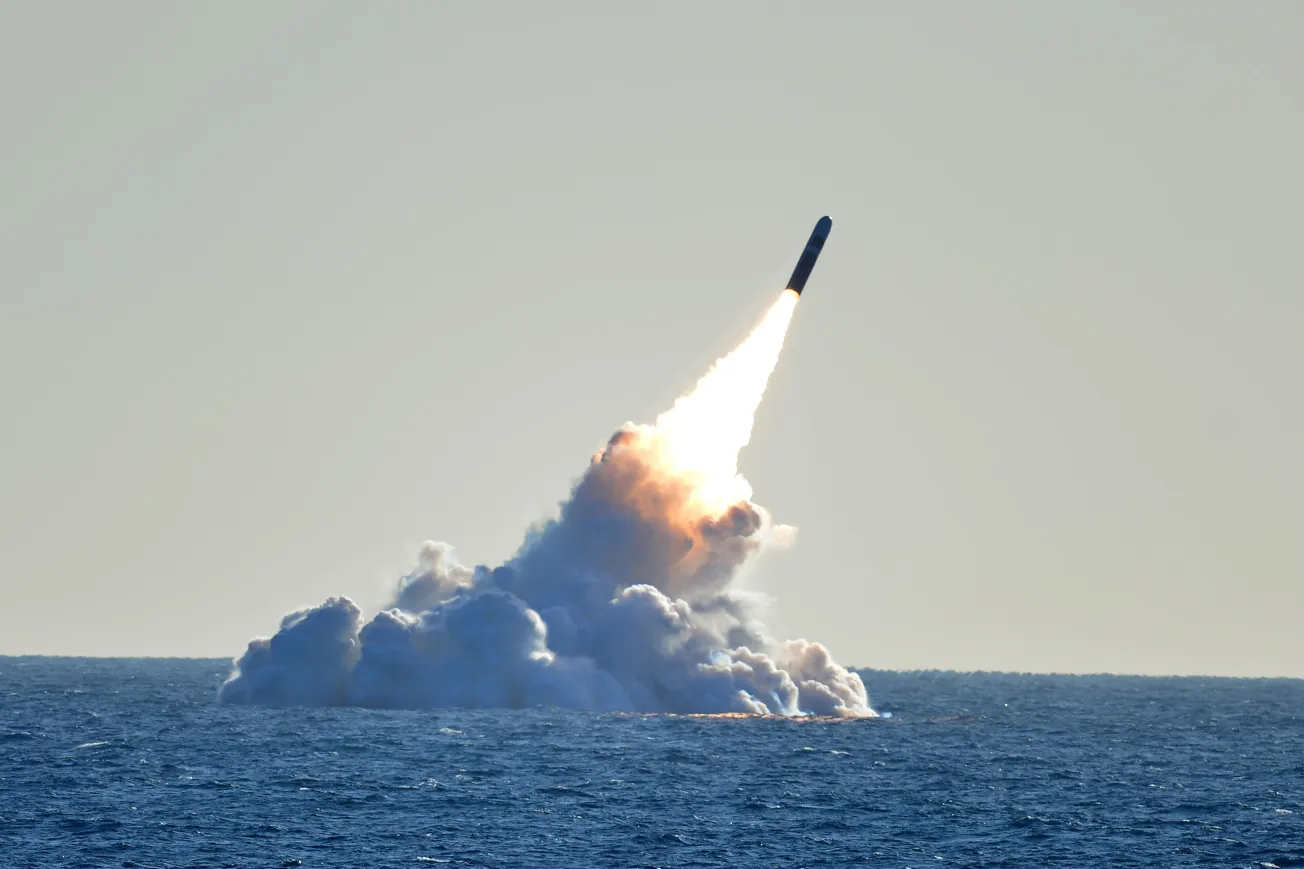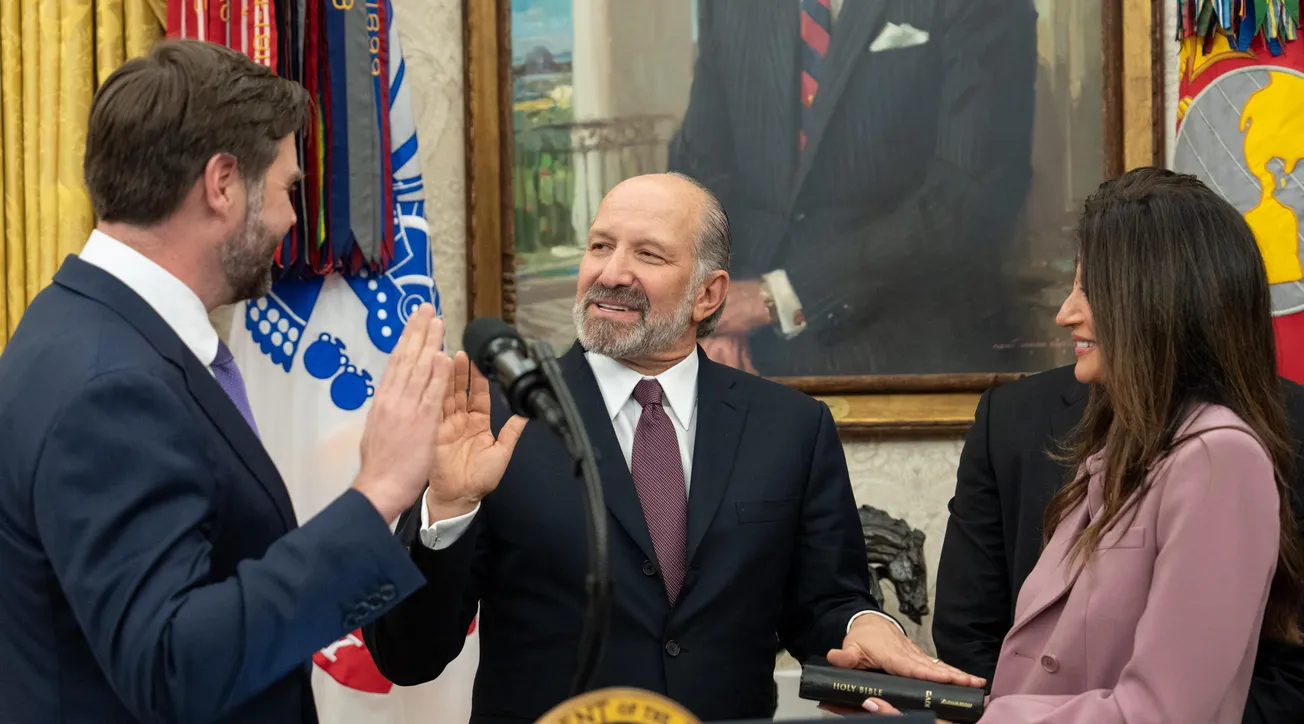In an article in the January/February 2025 issue of Foreign Affairs, entitled “Why South Korea Should Go Nuclear,” and subtitled, “The Bomb Is the Best Way to Contain the Threat From the North,” authors Robert E. Kelly and Min-hyung Kim, propel the plan that South Korea should be allowed to build a stockpile of 100 nuclear weapons, as a means to keep North Korea in check, and maintain global balance.
This should be done, they say, while the Anglosphere steps up its arming of Taiwan for a showdown with China, and continues to build up wars in Southwest Asia and Ukraine that could lead to nuclear Armageddon.
Co-author Kelly is an Anti-Terrorism Academic Fellow at the Foundation for the Defense of Democracies, which was founded in 2003 as a pro-Israel, extreme neo-con organization, by Clifford May, who is also a leading member of the Henry Jackson Society; the FDD was funded by Las Vegas gambling casino magnate Sheldon Adelson, and by arch-speculator Paul Singer of Elliott Management, and a host of foundations. Co-author Kelly is also associated with the Center for Strategic and International Studies, where at CSIS Project on Nuclear Issues on Nov. 20, Rear Admiral Thomas Buchanan proposed how the U.S. should plan to win a nuclear war. Kelly also is an associate professor at Pusan National University, in Busan, where he lives.
The authors begin their article: “South Korea has long relied on the United States to keep the North Korean nuclear threat at bay. Pyongyang began taking fitful steps toward a nuclear weapon during the Cold War, tested its first bomb in 2006, and today regularly issues nuclear threats against its southern neighbor. Seoul, meanwhile, shelters under the American nuclear umbrella that came with the defense alliance it signed with Washington in 1953, just after an armistice effectively ended the Korean War. For decades, this arrangement provided South Korea sufficient security assurance. But today, that assurance appears increasingly fragile.”
“To close this glaring gap in its security” between North Korea’s and South Korea’s nuclear capabilities, “Seoul is now considering a step that, until recently, was discussed only on the country’s political fringe: building its own nuclear weapons. In South Korea, this proposal has gone mainstream,” the authors claim.
“Today, the biggest obstacle to South Korean nuclearization is not a domestic constituency but a foreign one: the United States,” they aver. “There is a deep, decades-old bipartisan opposition in Washington to nuclear proliferation….” This is a constraint that must now be busted apart. “South Korea still participates in the international Nuclear Nonproliferation Treaty (NPT), which forbids its nuclearization.”





